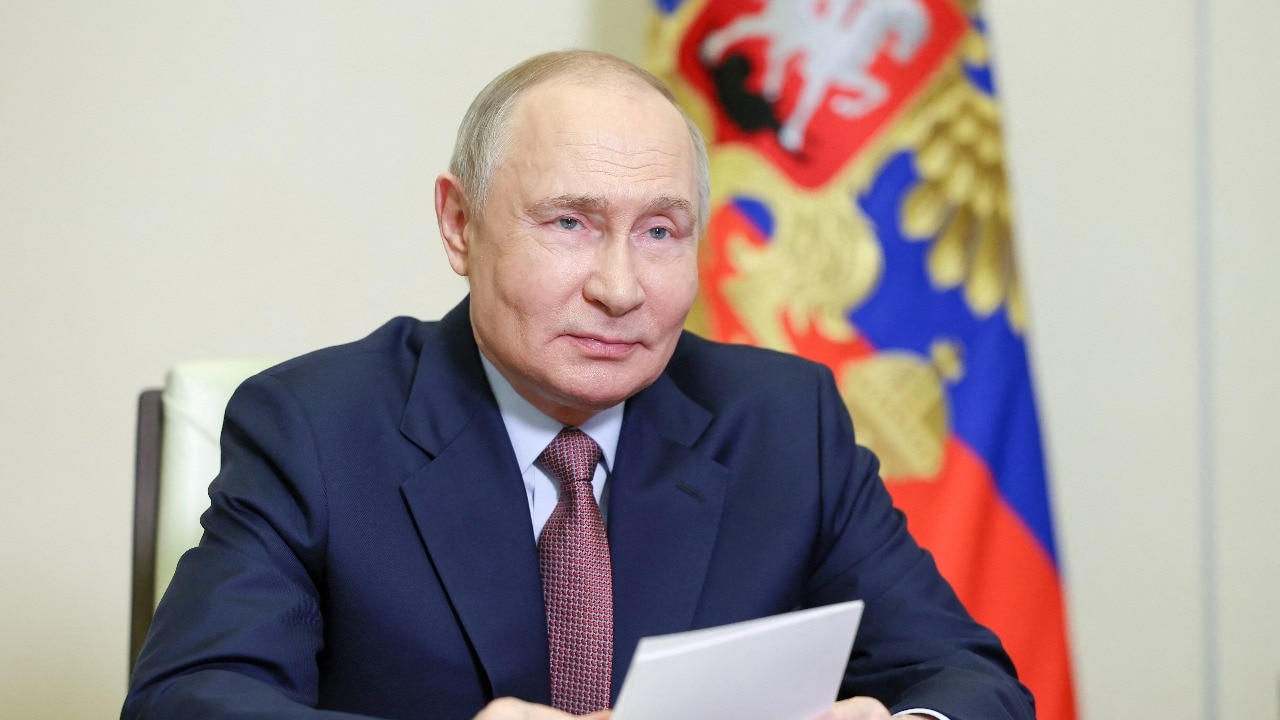Russia is moving ahead with plans to launch its own government-controlled messaging service, informally known as “Vlad’s App”, in a bid to tighten control over its digital ecosystem and reduce reliance on foreign platforms such as WhatsApp, Telegram, and Elon Musk’s X-Chat.
The proposed law enabling the creation of the app has been approved by the State Duma, the country’s lower house of parliament, and now awaits final sign-off from the upper house and President Vladimir Putin.
Designed to be more than just a messaging platform, Vlad’s App will integrate deeply with Russia’s national and municipal digital services. Users will reportedly be able to verify their identity, sign documents electronically, register transactions, make payments, and access government portals such as Gosuslugi. Officials have stated that these services will require user consent, though privacy concerns persist.
Reports suggest the government could go as far as blocking WhatsApp and Telegram entirely, essentially forcing millions of Russians to adopt the state-sponsored platform. If enacted, such a measure would mirror China’s tightly regulated internet environment, where domestic apps dominate and foreign services are either banned or heavily restricted.
However, digital rights groups have raised serious concerns. While the Russian government insists Vlad’s App will be secure and based on user consent, critics warn it could pave the way for deeper state surveillance and the erosion of communication freedoms. Activists argue the platform might be used to monitor private conversations, control the flow of information, and restrict access to global viewpoints.
Initially, Vlad’s App will be limited to domestic users, with no access planned for those outside Russia. The move, if fully implemented, would significantly deepen the country’s digital isolation, reshaping how millions of Russians communicate and consume information.
As the final stages of approval approach, the global tech community and human rights observers are watching closely to see whether Vlad’s App marks the beginning of a more closed and controlled internet within Russia.
